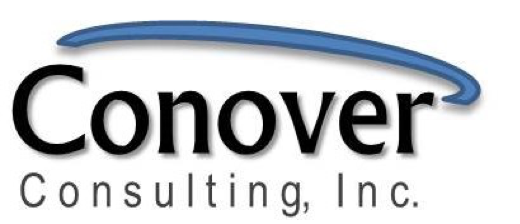How to Keep Your Culture Strong — Even in “Business As Un-Usual” Times
Companies tend to be conservative by nature. In business school, future leaders are taught how to create long-term goals, develop plans to achieve them, and implement protocols to keep everyone pulling in the same direction. Likewise, when joining a new organization, an employee is invariably given an “employee handbook” describing major aspects of company operations, from its mission to sales procedures to even acceptable desk décor. The goal of such regimentation is to develop a strong culture allowing it to function smoothly and consistently regardless of personnel changes.
For decades, this model tended to work well. But the current COVID-19 epidemic has upended this “business as usual” approach, forcing companies to abandon their set-in-stone ways and become far more improvisational, changing their policies with each new viral wave. Why? Because “this is the way we do things” no longer holds water. In fact, the current environment might best be described as “business as un-usual.”
If you’re running a business that’s been affected by the COVID crisis – and who hasn’t? — you may need to rethink aspects of your culture, including:
The Home/Office Dichotomy
In the Old Normal, the traditional urban work model included a degree of separation between one’s home and one’s workplace. (Even if the line had begun to blur in recent years.) But for many organizations nowadays this is no longer the case. Both employees and management are bringing their work home in meaningful ways, beyond just checking email on the weekends. And, of course, with COVID ongoing, many haven’t returned to the office at all. For
example, due to the pandemic, Pinterest recently cancelled a $90 million lease for what would have been a new corporate headquarters, choosing instead to allow its key staff to work remotely.
There’s a good chance this “flexible workplace” concept may endure even after the pandemic passes. For many, working at home may become the norm. Yet being “on-call” 24 hours a day, seven days a week can take a toll on one’s psyche. As a result, companies must develop policies assisting employees with separating their work and personal lives while providing a modicum of privacy.
How Companies View their People “Assets”
Traditionally, employees are hired to fill particular roles. Beyond personal considerations, they are often viewed as a collection of skillsets required to fill a specific need at a particular time. Should circumstances change and those needs no longer exist, the employees may be “let go.” This approach may no longer be optimal.
Leading-edge companies are coming to understand the best type of employee is one who can fill a variety of roles and whose abilities are not limited to a single task. Investing in ongoing education and training can therefore allow businesses to move employees from position to position — or even from company to company — to take advantage of emerging opportunities. This “employees first” approach provides a business with maximum ROI – Return on Individual, perpetuating a lasting and robust company culture.
New Technology Adoption
Pre-COVID, companies could usually count on roughly five years to absorb and adapt to new technologies. The coronavirus has substantially accelerated this timetable. Many organizations, unable to conduct business as they had in the past, must now integrate emerging technologies quickly — or perish.
New innovations can not only help businesses reach key markets and operate more efficiently; it can also save money by reducing traditional capital expenditures while also being more productive. For instance, in the pandemic, organizations are already turning to artificial intelligence to help them with tasks, such as back office management, cashflow forecasting, and to determine staff demand, supply, and infrastructure.
****
In light of these developments, a vital question emerges: how will service workers, like restaurant staff and janitorial personnel, survive when restaurants are shuttered, and commercial office space is dark? Clearly, society has an interest in providing this contingent workforce with additional skills so they can also transition from position to position as the economy settles into a new equilibrium. Cognizant of this, many companies would do well to consider how to use this important labor pool, providing a win-win for available workers and forward-thinking organizations willing to (re)train these individuals.
In light of the above, is your company agile enough to cope with business as un-usual? My team specializes in helping organizations create cultures promoting maximum flexibility, even in the toughest of times. For more information on how we can help yours survive and thrive, please read about me in Forbes or email me @ laura@conoverconsulting.com.
